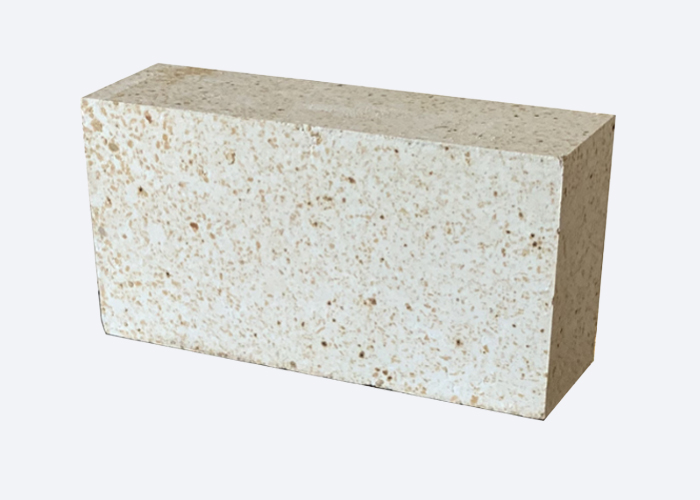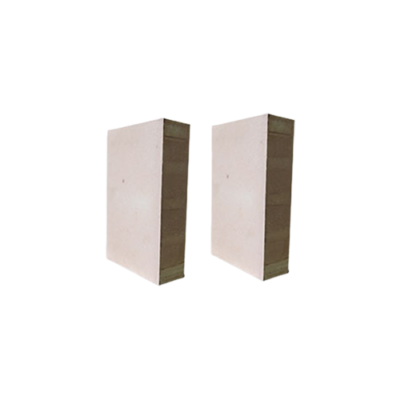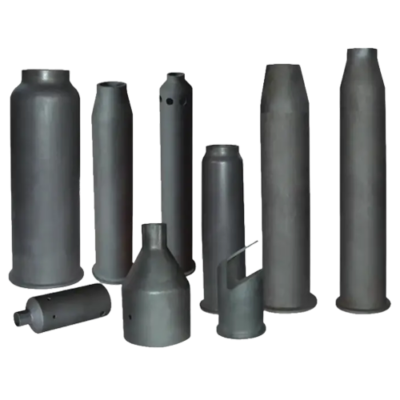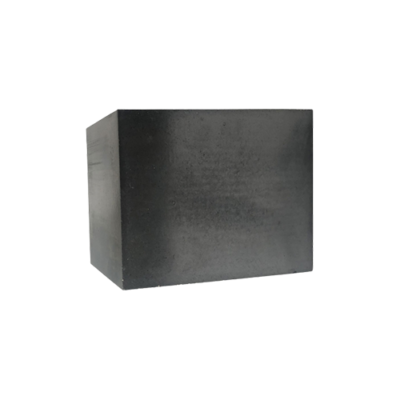Description
Andalusite bricks exhibit several outstanding properties, including low impurity content, minimal reduction in high-temperature strength, rapid cooling and heating resistance, high mechanical strength, robust thermal shock resistance, excellent slag resistance, high refractoriness under load, high chemical stability, and strong chemical corrosion resistance.
The micro-expansion of andalusite fire bricks positively impacts material usage and extends their service life. These refractory bricks find wide application in kilns and boilers across various industrial sectors, including metallurgy, building materials, fine ceramics, electric power, and chemical industries. Their use on the top of some metallurgical furnaces has proven more effective than silica bricks.
Advantages of Andalusite Bricks:
Low conversion temperature and thermal expansion during the conversion process, allowing for direct use in brick production without calcination, thus saving energy.
Strong creep resistance, measuring the refractory brick’s long-term resistance to high-temperature loads. Melt impurities that cause premature softening greatly influence creep behavior.
High temperature strength that remains substantial at elevated temperatures, linked to the formation of a liquid phase inside the brick at high temperatures.
Excellent high-temperature and volume stability, surpassing other AL2O3-SiO2 series refractory bricks in thermal shock stability, particularly with higher Al2O3 content.
Exceptional chemical resistance to harsh environments.
| Item | Index | ||||
| RH155 | RH150 | RH145 | RH140 | RH135 | |
| Al2O3 % | ≥69 | ≥65 | ≥61 | ≥57 | ≥53 |
| Fe2O3 % | ≤1.0 | ≤1.0 | ≤1.2 | ≤1.2 | ≤1.5 |
| TiO2 % | ≤0.5 | ≤0.5 | ≤0.5 | ≤0.6 | ≤0.6 |
| Bulk Density g/cm3 | ≤20 | ≤20 | ≤20 | ≤20 | ≤20 |
| Apparent Porosity % | 2.55~2.70 | 2.50~2.65 | 2.45~2.60 | 2.40~2.55 | 2.35~2.50 |
| Cold Crushing Strength MPa | ≥55 | ≥55 | ≥50 | ≥50 | ≥40 |
| 0.2Mpa Refractoriness Under Load ℃ | ≥1700 | ≥1700 | ≥1650 | ≥1600 | ≥1520 |
| Permanent Linear Change Rate % | 1500℃×2h ±0.2 |
1500℃×2h ±0.2 |
1500℃×2h ±0.2 |
1450℃×2h ±0.2 |
1450℃×2h ±0.2 |
| Creep Rate % 0.2MPa 0~50h | ≤0.8 1550℃ | ≤0.8 1500℃ |
≤0.8 1450℃ |
≤0.8 1400℃ |
≤0.8 1350℃ |



